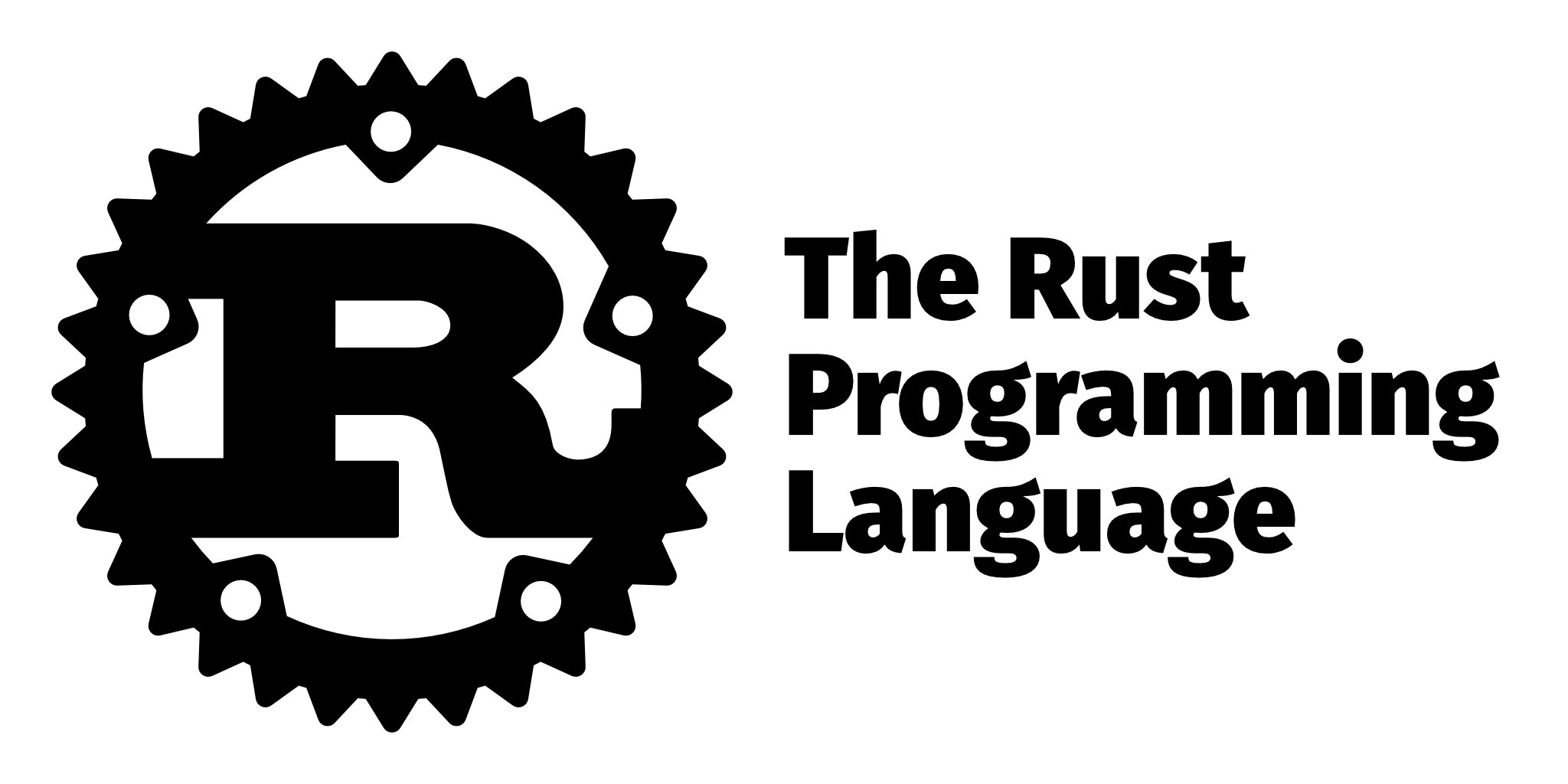
Variables and immutability
Let and Immuntability
As mentioned already, Variable is immutable by default in Rust.
If you want mutable variable, you can use 'mut' keyword.
fn main() {
let mut x = 5;
println!("The value of x is: {}", x);
x = 6;
println!("The value of x is: {}", x);
}This code will cause error if there isn't mut keyword.
constants
Constant is also immutable varaible.
But There are a few difference between const and let.
- you can't use 'mut' keyword when you use constant.
- constant can be declared in any scope.
You can declaration constants with 'const' keyword
const THREE_HOURS_IN_SECONDS: u32 = 60 * 60 * 3;
As you can see, Rust naming convention for const is to use all uppercase and underscore between words.
Constants are valid for the entire time a program runs. (This is useful when you want to convey this variable with meaning of this name).
Shadowing
There is two variable declaration , but variable name is same, repeating the use of the let keyword. This is shadowing.
fn main() {
let x = 5;
let x = x + 1;
{
let x = x * 2;
println!("The value of x in the inner scope is: {}", x);
}
println!("The value of x is: {}", x);
}If you run, 6 will be output in global, 12 in inner scope.
Difference between shadowing and using 'mut' keyword is that shadowing enables us to peform a few transformations on a value, but after that, it gains immutability again.
Furthermore, by shadowing variable, we can create new variable with same name easily and can change type
fn main() {
let spaces = " ";
let spaces = spaces.len();
}If we want to attain same result with mut keyword, it makes compile error.
fn main() {
let mut spaces = " ";
spaces = spaces.len();
}
//this occur 'mismatched types'